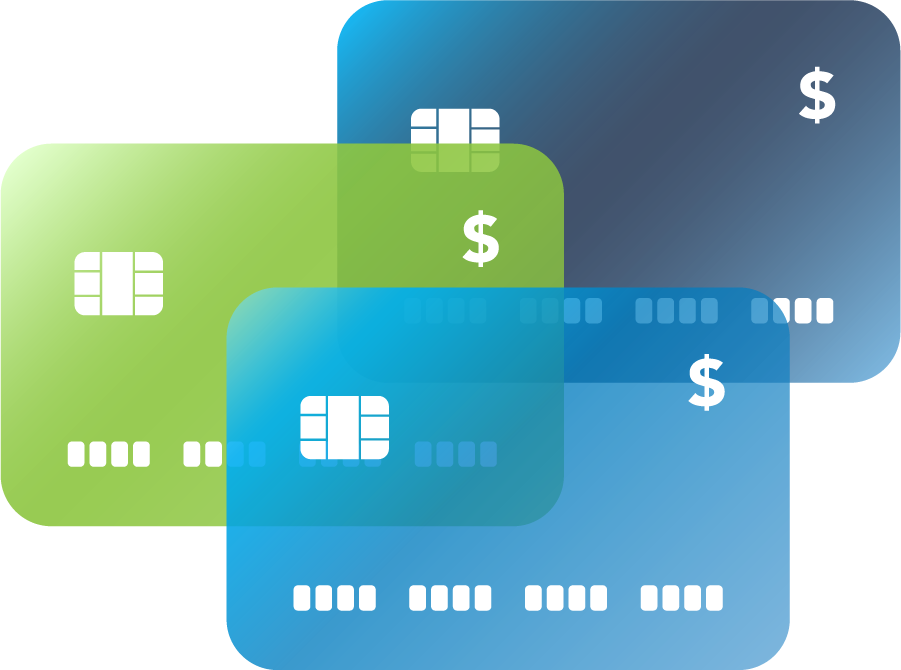Open banking enables third-party financial organizations to provide consumer or business transactions, banking, and other financial services from banks. This is done using modern, best-in-class technology such as APIs or application programming interfaces. The purpose of open banking is sharing bank-like functionality with financial technology (fintech) and non- financial companies so that experiences can be tailored to fit the diverse needs of end users. At Evolve Open Banking, we offer a secure banking as a service (BaaS) environment, which connects end users to platforms and third parties while complying with banking regulations.

How Does Open Banking Work?
Opening banking is often experienced by end users within third party fintech mobile applications (apps), with which data is shared securely between banks and fintechs using technology such as APIs. These apps provide customized UI/UX to display banking functionality in many ways.
Open banking has gained popularity because it can increase the speed and efficiency of financial transactions and enables a variety of applications to organize and manage finances in new and engaging ways for end users.
Open banking relies on technology such as APIs, which enable one service provider’s software to speak to another. In most cases, this means securely communicating information from banks to the third party fintech company whose app is used by end users to manage finances and make payments. Sophisticated technology is essential for third parties to share the necessary information to the bank from their company.
Is Open Banking the Same as Banking as a Service?
Open Banking and BaaS are related. BaaS drills down further into the concept of Open Banking. BaaS is the products financial institutions offer to non-financial and financial companies to enable banking services. BaaS solutions allow the third-party company to access the functionality of the bank.
For this reason, open banking can solve many problems for consumers and businesses. The security of the digital economy in open banking addresses the issue of lack of trust in banks. It also can increase the speed to market of fintech businesses.

Is Card Issuing the Same as Open Banking?
Card issuance is one component of a modern approach to financial management within Open Banking. Evolve’s Card issuance solution creates, issues, and manages credit and debit cards. These cards can either be completely digital or also have a physical card component.
A benefit of issuing a virtual-only card is the ability to prevent fraudulent transactions via dynamic card number provisioning or other digital fraud prevention features.

Open Banking Benefits for End Users
There are multiple instances where open banking is beneficial and can improve an end user’s financial literacy. Some benefits of open banking for end users include:
Improved financial management
Opening banking can help end users get a better overview of their financial accounts, existing debt, and recurring payments. This can help track spending and budget more efficiently.
Better borrowing terms
Open banking can help end users access more lenders.
Enhanced security
Fintech banking can provide enhanced protection using biometrics, encryption, and other security technologies.
Benefits of Open Banking With Evolve Bank & Trust
There are many benefits of open banking with our team at Evolve Bank & Trust. Some of the top reasons to utilize our BaaS solutions include:
- More effective user experiences to retain and engage end users
- Customer-focused products and services
- Improved customer trust
- Customization options
To find out more about how we can support your business and meet end users’ needs at Evolve Open Banking and BaaS, contact us today. To start the process to become an Evolve Partner, fill out our online form, or learn more about Open Banking with Evolve Bank & Trust.
